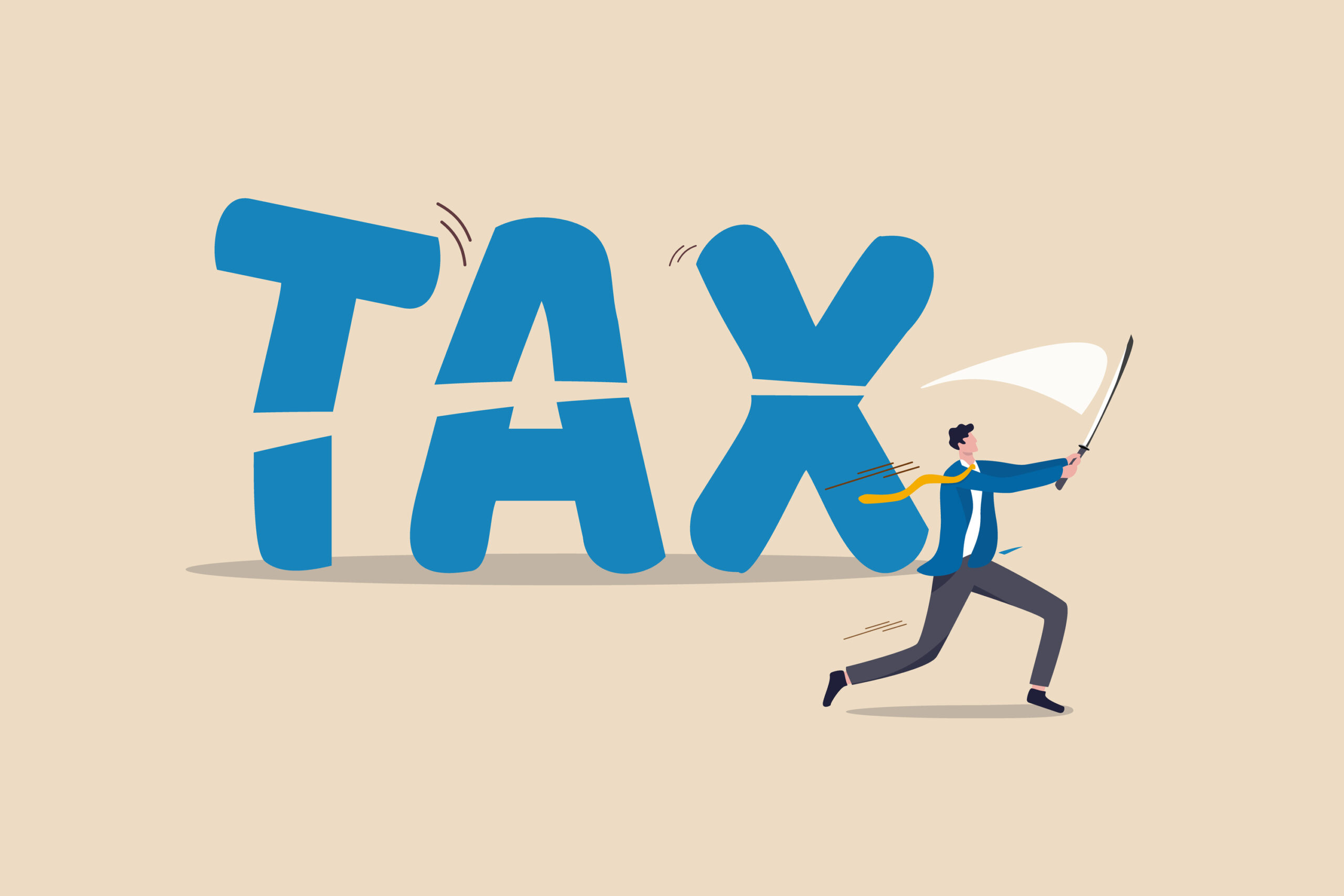Summary: Tax Deductions and Tax Credits
What exactly is the difference between a tax deduction vs tax credit? Well, tax deductions are amounts that lower your taxable income, which in turn determines how much tax you owe. Tax credits, on the other hand, reduce the amount of taxes you might otherwise owe, but will not produce a refund. These tax credits are first applied to reduce the amount of tax you owe, with any remaining amounts refunded to you.
What is a Tax Credit?
Tax credits are often a confusing topic, but when you break them down, they’re actually pretty straightforward. To put it simply: a tax credit directly reduces the amount of income tax you owe, dollar-for-dollar.
There are two main types of tax credits: non-refundable and refundable. Non-refundable credits can reduce your tax liability to the Canada Revenue Agency (CRA) to zero but cannot create a refund. On the other hand, refundable credits may return money to your pocket if they exceed the taxes you owe, offering a notable financial benefit. For example, the Goods and Services Tax/Harmonized Sales Tax credit is refundable, potentially increasing your tax return.
What is a Tax Deduction?
A tax deduction is a reduction you’re allowed to take from your total gross income, decreasing the amount on which your taxes are calculated. It’s not just for your main paycheck, but also for money earned through side businesses or investments. By deducting these costs, your taxable income drops. This isn’t a loophole or anything like that (just in case it sounds too good to be true!). Rather, it’s a standard method to fairly adjust your taxable income by accounting for certain expenses necessary to earn it. Properly documenting these can effectively lower your tax bill.
Deductions can be claimed for:
- Contributions to Registered Pension Plans (RPPs)
- Contributions to Registered Retirement Savings Plans (RRSPs)
- Contributions to First Home Savings Accounts (FHSAs)
- Union or professional association dues paid
- Child care expenses incurred
- Carrying charges and interest on investment loans (more on this here)
- Costs associated with moving for work or education
- Previous years’ non-capital losses
- Deductions on capital gains from investments
For entrepreneurs and self-employed individuals, additional business expenses can be deducted, such as advertising costs or bank fees, especially when reported on CRA Form T2125.
By claiming these deductions, you can reduce the amount of income tax you owe, and in some cases, receive a refund from the CRA.
Tax Credit vs Tax Deduction
Generally speaking, tax credits tend to be more valuable at tax time when compared to deductions, and that’s because of the dollar-for-dollar reduction. To put this into perspective, here is a simplified example:
Let’s say a credit and a deduction are both valued at $2,000 and that your tax liability is $6,000. With the $2,000 tax credit, your tax bill is reduced by $2,000. With a tax deduction, it lowers your taxable income. So, if you’re in the 26% tax bracket, that $2,000 deduction takes $520 off of your total taxable income (not your tax bill!).
To read more articles in our personal finance category, click here! For a full list of available Canadian tax deductions and tax credits, check out the Government of Canada resource here.

